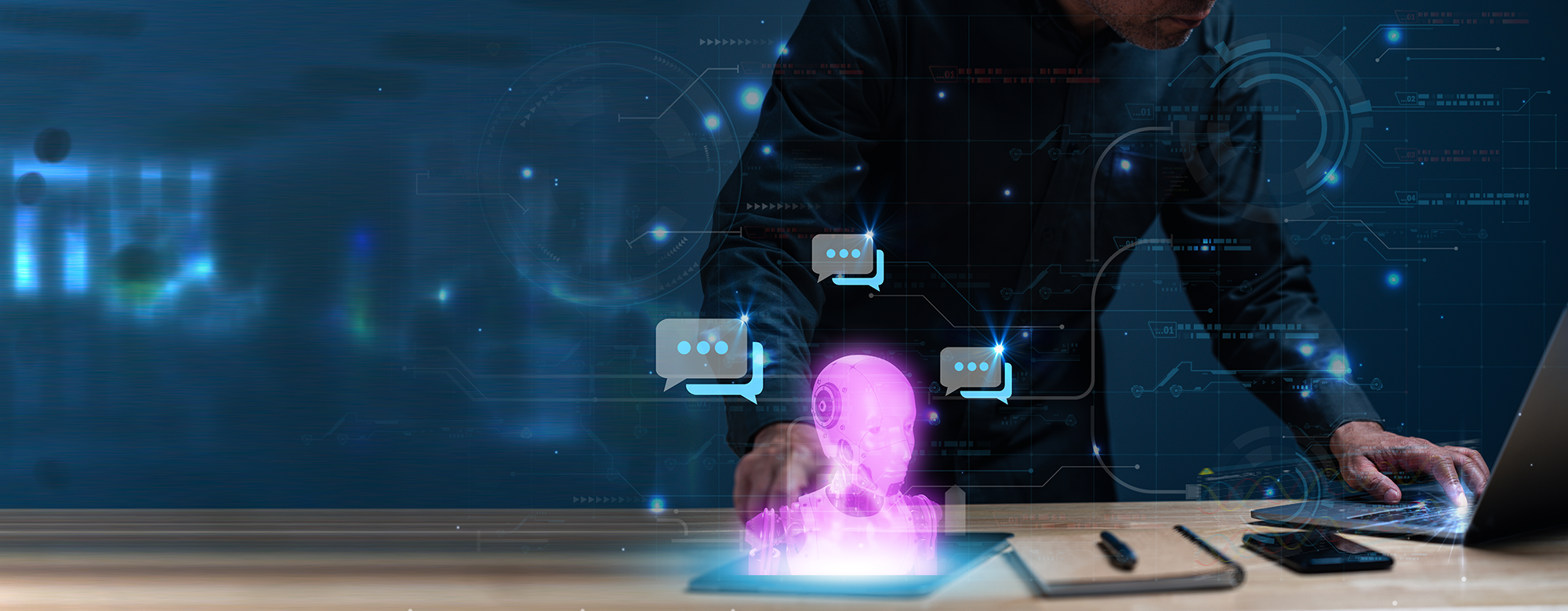doctor man hold ai virtual screen lung for checking lung disease in laboratory of hospital. virtual x-ray lung shows respiratory disease. physician do diagnostic infection of lung with smart Ai tech
In today’s world, healthcare is of utmost importance. With the rise of diseases and viruses, medical professionals need to be on top of their game to provide patients with the best care possible. The use of technology, such as virtual screening and AI diagnosis, has revolutionized the way we approach medical care.
At the forefront of this technology is the use of virtual screens. With the ability to conduct exams and diagnoses without the need for physical contact, virtual screens have become a game-changer. Physicians can now examine patients from the comfort of their own homes and provide diagnosis and treatment plans remotely.
One of the most significant advantages of virtual screening is its ability to diagnose respiratory illnesses, such as asthma and bronchitis, which can be difficult to diagnose with a physical exam. With the use of x-rays and radiography, physicians can now examine the chest and lungs with a higher degree of accuracy, making it easier to detect and treat conditions such as pulmonary infections and chronic respiratory distress.
The use of AI in medical diagnosis is another advancement that has had a tremendous impact on healthcare. With the ability to process vast amounts of data, AI can assist physicians in diagnosing diseases such as cancer and bone infections quickly. The use of AI has also made it possible to diagnose illnesses such as allergies and viral infections more accurately, leading to better treatment outcomes.
Medical professionals can now provide patients with a level of care that was once thought impossible, thanks to the integration of technology in healthcare. With the ability to conduct virtual screenings, diagnose illnesses accurately, and provide treatment remotely, the medical field has never been more accessible.
In conclusion, the use of virtual screening and AI diagnosis has revolutionized the healthcare industry. With the ability to diagnose illnesses more accurately and provide treatment remotely, patients can now receive top-notch care from the comfort of their own homes. As technology continues to advance, the future of healthcare is looking brighter than ever before.

